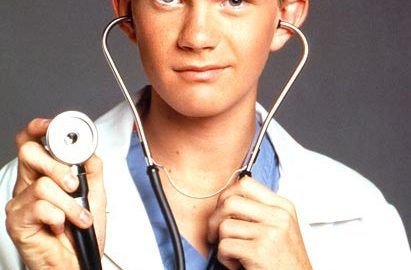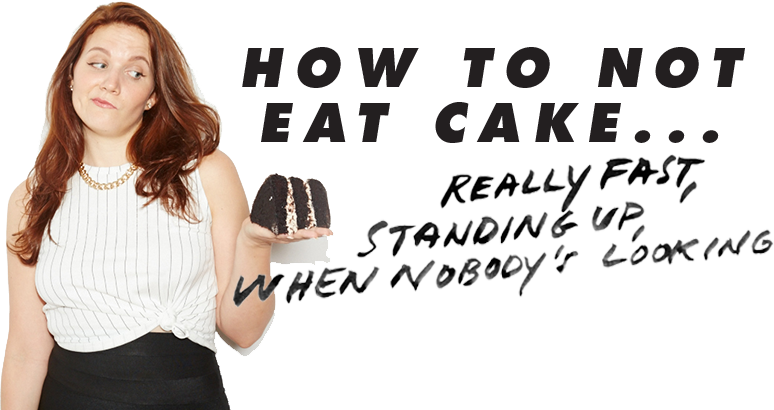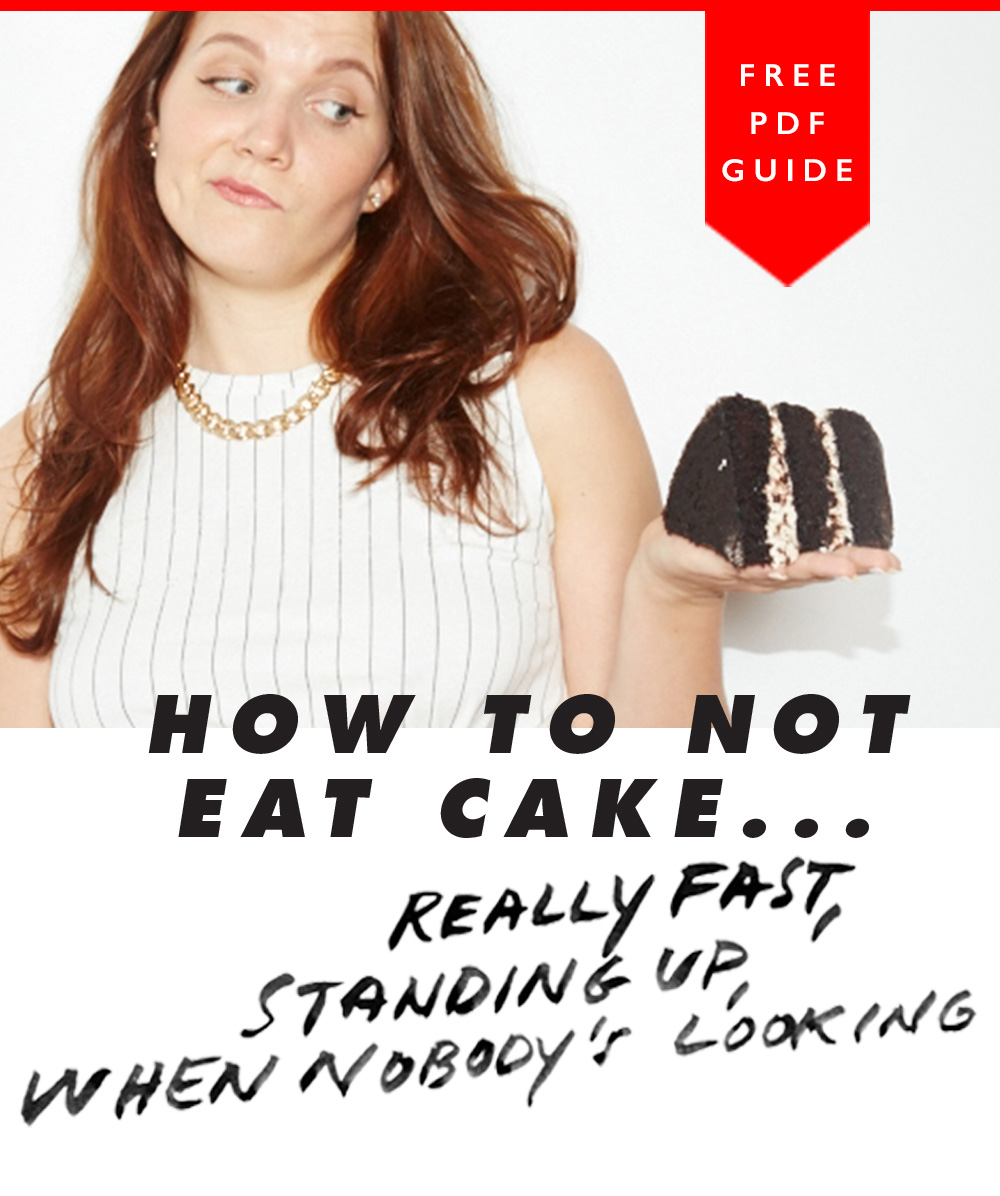
How to pick a good nutritionist, therapist, or other wellness professional…
 As you may know from going through the gamut of mixed treatment options for binge-eating, emotional eating, or other “food issues” — these concerns are pretty poorly understood by most wellness professionals, and it can be really challenging to find a doctor/therapist/coach/nutriti
As you may know from going through the gamut of mixed treatment options for binge-eating, emotional eating, or other “food issues” — these concerns are pretty poorly understood by most wellness professionals, and it can be really challenging to find a doctor/therapist/coach/nutriti
While mental health is a pretty divided field of research in general (where professionals are constantly arguing about best treatment options for different ailments), managing food issues is particularly confusing—probably because food issues are not just psychological, but deeply cultural, and wellness professionals are often themselves affected by this cultural bias (*cough* diet mentality *cough* weight discrimination *cough*).
That being said, here are some super important things to keep in mind when looking for the really cool, really smart wellness professionals who are probably less likely to give you accidentally biased advice:
1. Generally speaking, a nutritionist/therapist/etc. who knows how to work with “food issues” (like binge-eating, emotional eating, etc.) will have at least a working knowledge of mindful or intuitive eating, and will be willing to work with you around your goals of adopting a non-diet approach. In some instances, a doctor/nutritionist may recommend that you make specific dietary choices for health reasons (e.g. PCOS, diabetes, etc.) or work with a meal plan early on in your treatment if you’re clinically underweight, or initially unable to feel hunger pangs after years of restriction. That being said, these plans should be viewed as temporary band-aids, since rigid meal plans are generally not effective long-term solutions to disordered eating (especially binge-eating). If you’re struggling to develop self-trust around food, your wellness pro should be willing to work with you towards a goal of intuitive or hunger-directed eating in the long-run.
Note: If you’re not sure what “non-diet” or “intuitive” means, check out this book ASAP.
2. Culturally sensitive wellness pros (who in my personal, non-professional opinion, are usually doling out the most useful advice when it comes to overcoming food issues), will use a Weight-Inclusive, rather than a Weight-Normative approach to health. What does that mean exactly? It means they won’t arbitrarily try to manipulate your body to fit a specific BMI category (which is a socially disastrous measurement of health), or create specific weight loss goals as a proxy for “health.” Instead, they’ll work with you towards achieving non-weight-specific health goals, and allow your body to arrive at its unique healthful weight in the process.
This is important because dieting—that is, forced attempts at body manipulation—fails more than 90% of the time, and is the leading contributing factor in binge-eating and emotional eating in the long run. (Have you heard?)
A weight-inclusive approach is also super important psychologically when dealing with ANY kind of food issue. I personally found that I wasn’t able to stop binge-eating until I let go of weight loss as the ultimate goal of my food choices, and made peace with my body at its current size. After all, binge-eating is not just a reaction to Weight Watchers or Atkins, but a reaction to diet mentality in general—that is, a reaction to a psychological belief system wherein you view your body as an ornament to be controlled, rather than a living, breathing organism with diverse human needs. (You can learn more about this in the Stop Fighting Food Video Training Series here).
IMPORTANT NOTE: It’s important to look critically upon ANY wellness professional who unilaterally claims that they can help you lose weight permanently, or implies that you will lose weight permanently if you follow their prescriptions via any method, including intuitive eating. In addition to the fact that they’re probably misinformed (since literally no study of any weight loss method ever has shown substantive long-term weight loss results for more than a fraction of participants), weight-normative health professionals are also feeding the very belief system that’s kept you on this yo-yo train as long as you’ve been on it. In other words: they probably don’t have the answer—and may actually be making the problem worse.
Quick Tip: Professionals who use a weight-inclusive approach (aka the non-body-shaming kind of approach) will often use the term “Health At Every Size” to describe their approach, or “HAES” for short. Go find yourself a good HAES-friendly wellness professional if you’re in the market for more support around your relationship with food and body.
Like this post? Sign up here for free weekly(ish) coaching emails.

